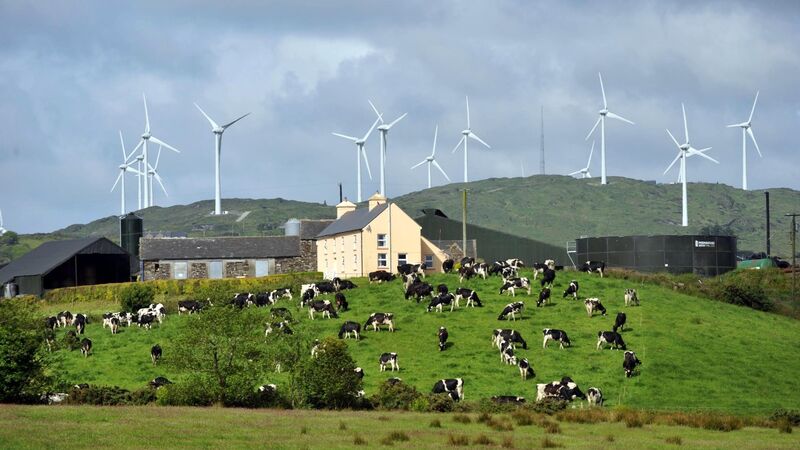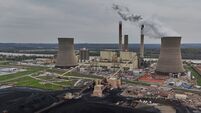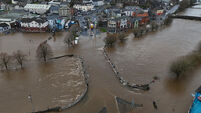'Failure to act is not an option' – Government unveils ambitious new Climate Action Plan

In relation to the size of the national herd, the plan states that policies which seek to reduce emissions in the agriculture sector must recognise the direct correlation between animal numbers, production and greenhouse gas emissions. Picture: Don MacMonagle
The Government has unveiled its €125bn Climate Action Plan to reduce carbon emissions by 51% by 2030.
Issues from how we heat our homes, to the cars we drive and how our food is produced are tackled in this report, which seeks to fundamentally alter the way we live our lives in what is being called Climate Action Plan 21.
CLIMATE & SUSTAINABILITY HUB














